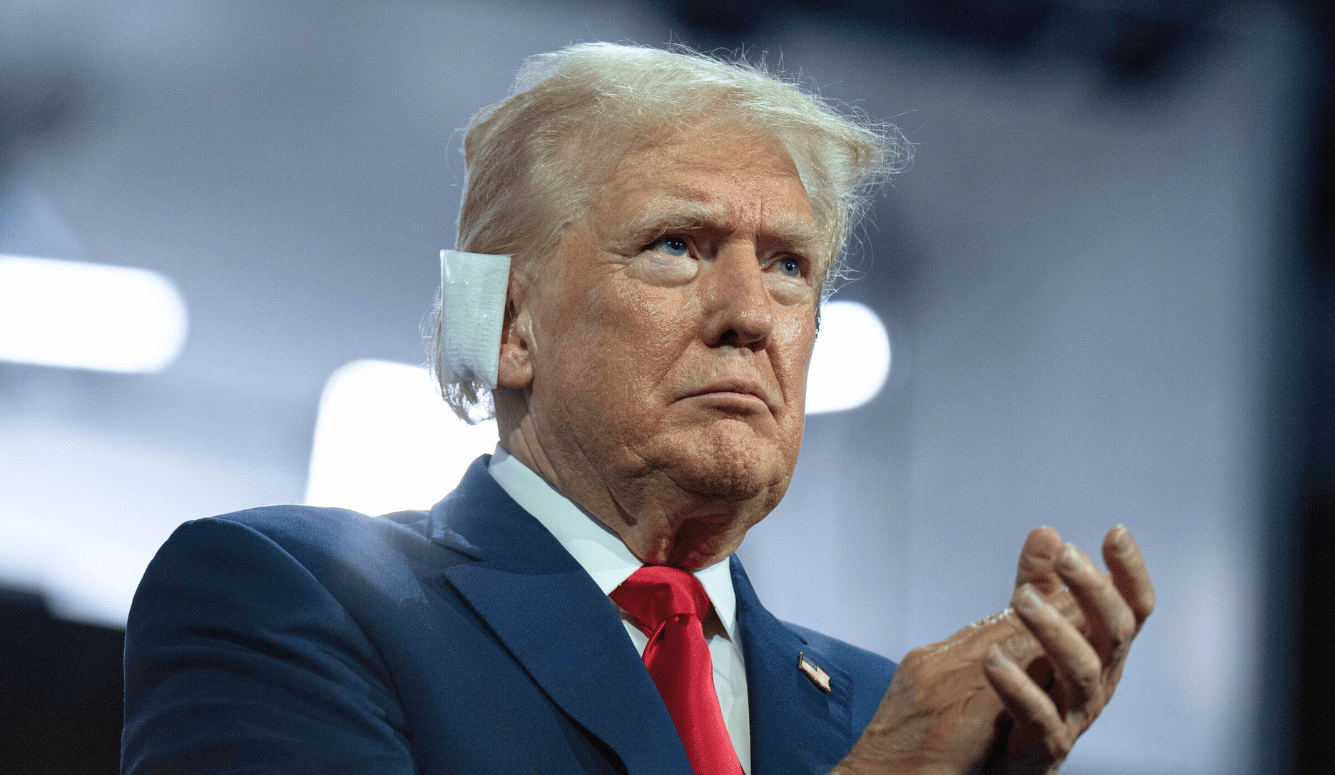Donald Trump
Donald Trump and the Great Man Theory of History
As with Napoleon Bonaparte, one cannot confidently state that if Trump had never been born, someone like him would have done what he did.

The US presidential election cycle is a spectacle of carefully cultivated suspense. Yet despite this, elections have mostly followed a remarkably predictable pattern from the mid-twentieth century until now: the two major parties exchange control of the White House every eight years. It wasn’t always this way; in the past, there have been long stretches of one-party dominance. During the seven decades between Abraham Lincoln’s election in 1860 and Herbert Hoover’s defeat in 1932, Republicans won nearly every presidential election. Only two Democrats were victorious during this period: Grover Cleveland and Woodrow Wilson—and the latter won only because Teddy Roosevelt’s third-party run split the Republican vote in 1912. Then, during the New Deal era, Democrats held the White House for two straight decades under Franklin Roosevelt and Harry Truman.
But once Truman left office, the eight-year pattern took hold and, for all the vagaries of American politics, it remained surprisingly durable for the next seven decades. Eight years of Dwight D. Eisenhower were followed by eight years of John F. Kennedy and Lyndon Johnson, which were followed by eight years of Richard Nixon and Gerald Ford. Every two terms, like clockwork, the party controlling the White House switched. The one major exception to this was the Reagan-Bush era, when the Republican Party managed to hold the White House for three terms in a row, beginning with Ronald Reagan’s victory over the incumbent Jimmy Carter in 1980. But that was an anomaly; after Bill Clinton won in 1992, the parties returned to the eight-year trade-off. In fact, one could say that during this entire period, there was only one anomalous election: that of 1980. If the eight-year pattern had held firm, Carter would have won reelection, and been replaced in 1984 by a Republican, who would have governed through 1992. The last two terms of the Reagan-Bush era were already baked in; the first was an unexpected gift to Republicans, and the only deviation from the pattern.
That is, until 2020. For the first time since Jimmy Carter, one of the two major parties only managed to hold the White House for a single term. Had all gone according to schedule, Donald Trump would be finishing his second term now, and a Democrat would be waiting to take his place. We all know what happened instead: a one-term Trump was followed by a one-term Joe Biden, who will now be followed, even more improbably, by a second Trump term.





